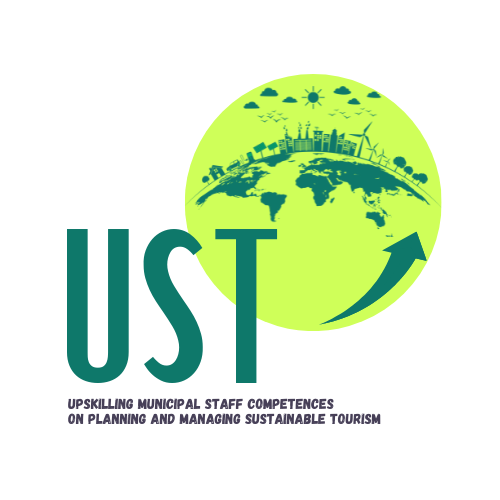

Erasmus+ KA2 VET
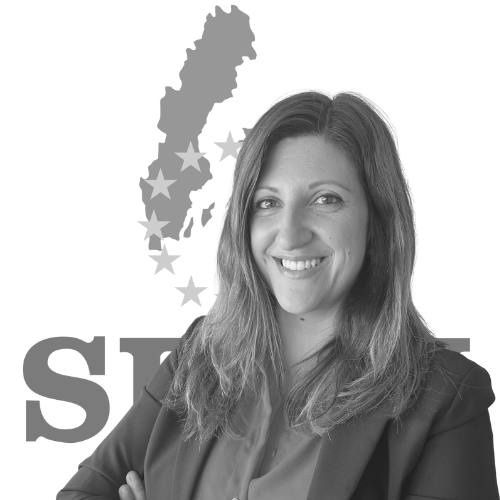
In the last decades European cities have faced economical and social changes which led to the need of public local authorities of managing cities differently and promoting more and more the development of a territory, beyond the increasing of services. Cities nowadays had to put in place real strategies to differentiate themselves and continue to attract visitors, and for medium-sized cities, attracting visitors and tourists can be a great challenge.
The project stems from the awareness of the partners that there are gaps in knowledge on strategies for promoting sustainable tourism among the staff of their Municipalities. The gaps include lack of training tools to allow both Municipalities’ staff and stakeholders to increase their knowledge on the subject and improve forms of collaboration.
The general objective of the project is to strengthen the development of sustainable local tourism and increase the attractiveness of medium sized municipalities through up-skilling the staff of municipalities.
In order to achieve the general objective above the project will aim at:
1. increasing knowledge and competences of local authorities staff in sustainable tourism planning and management;
2. developing innovative local strategies to define the city’s territorial marketing in order to promote the cities as tourism destination, boosting the active participation of local stakeholders;
3. promoting a sustainable local tourism that take into full account current and future economic, social and environmental impacts.
The project will develop the following results:
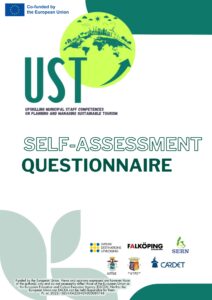
The main purpose of the Self-Assessment Questionnaire is to help municipalities evaluate their competencies in planning and managing sustainable tourism. By using this questionnaire, municipalities can assess their knowledge, policies, and strategies, identifying gaps in skills and practices that need improvement. This assessment serves as the foundation for targeted upskilling activities aimed at strengthening the role of local authorities in sustainable tourism development.
The questionnaire consists of two main sections: a general evaluation of the municipality’s tourism-related policies, governance, and stakeholder engagement, and a more specific assessment based on the United Nations Sustainable Development Goals (SDGs). The SDG section helps municipalities reflect on their performance in key areas such as responsible tourism, environmental sustainability, accessibility, gender equality, and economic development.
Responses are measured using a four-point scale, which allows municipalities to assess their level of maturity in different aspects of sustainable tourism. The goal is not to provide a ranking but to facilitate an honest reflection on strengths, weaknesses, and areas that require upskilling.
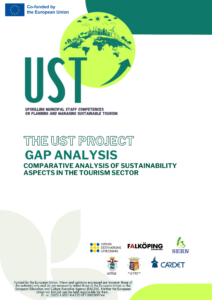
The Gap Analysis is a comparative analysis of sustainability aspects in the tourism sector, developed as part of the UST project. The primary goal of this analysis is to identify gaps in municipal competencies and practices related to sustainable tourism management, providing a foundation for targeted training activities.
The report presents the findings of the Self-Assessment Framework. Tested in several partner municipalities, including Scandiano (IT), Xixona (ES), and Falköping (SE), as well as associated municipalities like Bertinoro (IT) and Polemidia (CY), this tool has made it possible to identify strengths and weaknesses in policies and decision-making processes related to sustainable tourism.
The analysis highlights four key areas for upskilling: defining a clear strategic vision, improving communication and stakeholder engagement, enhancing understanding of sustainability challenges in tourism, and fostering collaboration with local, regional, and national partners. Additionally, the study identifies specific training opportunities linked to the SDGs, with a focus on themes such as local entrepreneurship (SDG 1 and 2), circular economy (SDG 12), and environmental conservation (SDG 14 and 15).
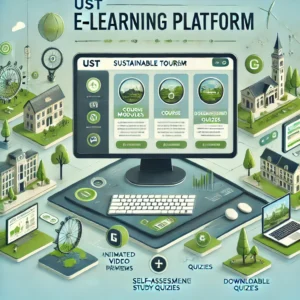
The UST e-Learning Platform is an online training hub and provides municipalities with practical learning resources to enhance their competencies in sustainable tourism planning and management.
The platform offers interactive training modules designed to address key knowledge gaps identified in the project’s Gap Analysis. The content is aligned with the UN SDGs and focuses on critical areas such as strategic vision, stakeholder engagement, circular economy, and environmental conservation. Through a combination of multilingual animated videos, study materials, best practice checklists, and self-assessment quizzes, the platform equips municipal staff with the tools to develop and implement effective sustainability strategies.
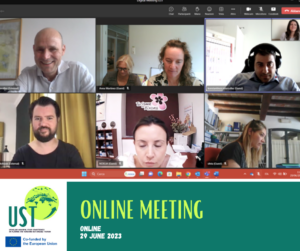
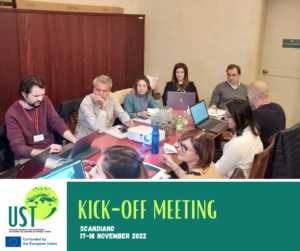
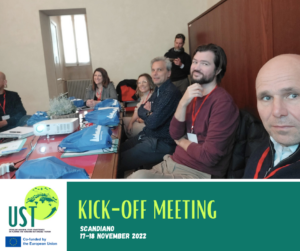
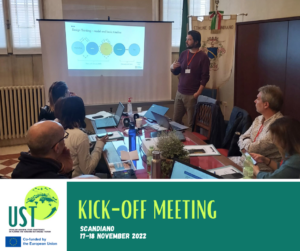
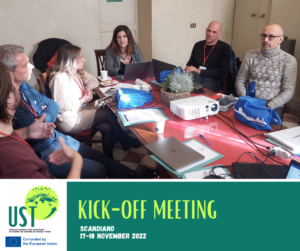
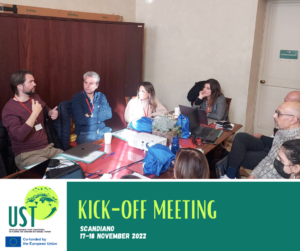
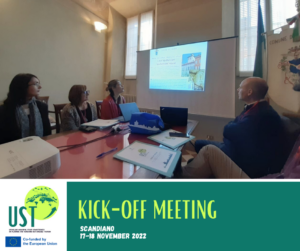
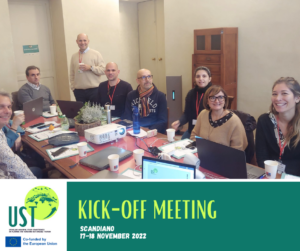
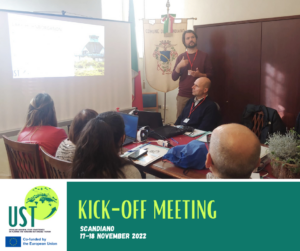
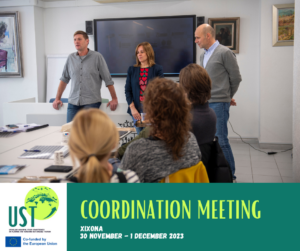
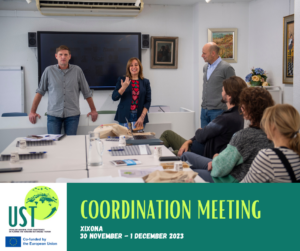
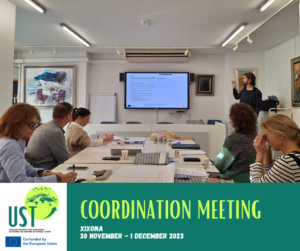
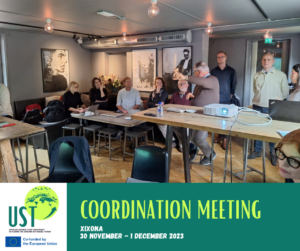
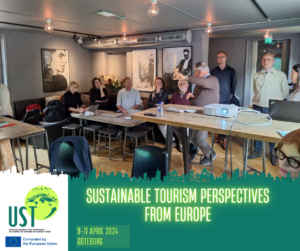
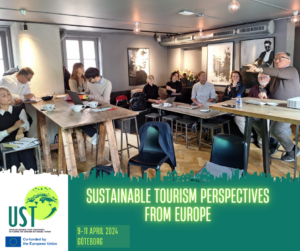
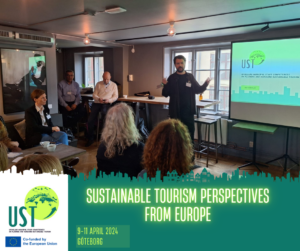
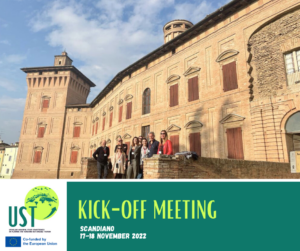
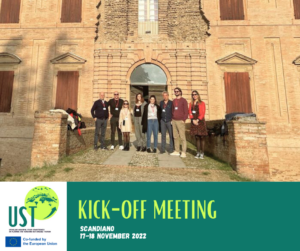
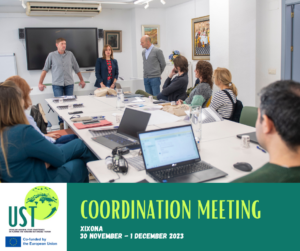
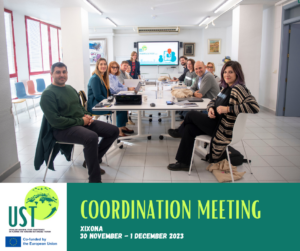
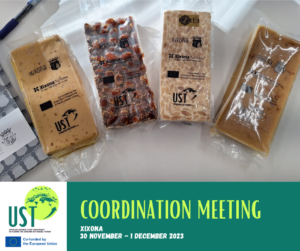
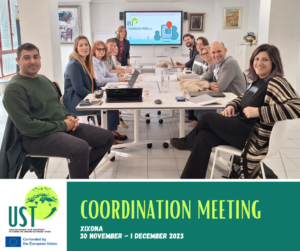
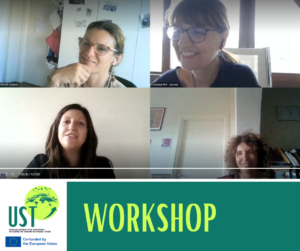
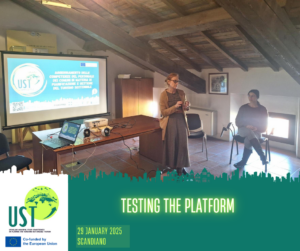
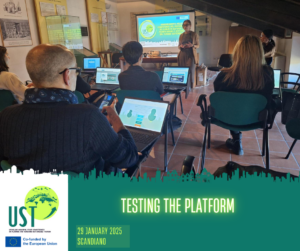
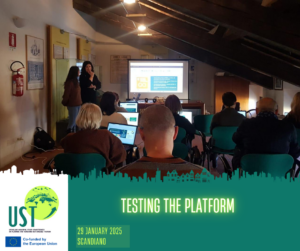
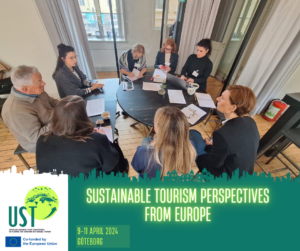
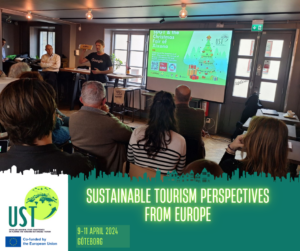
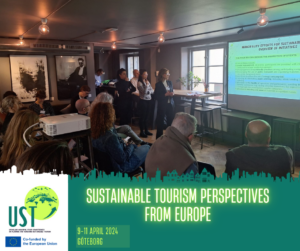
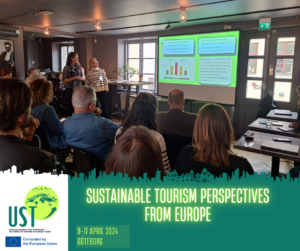
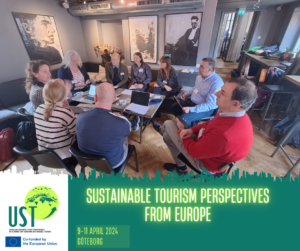
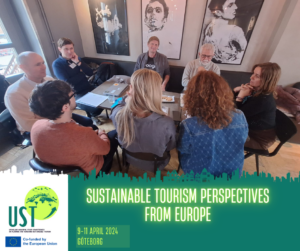

Our objective is to increase cooperation among the
members of the network, between Italy and Sweden
and, more in general, the North and South of
the European Union.
Stradone Martiri della Libertà, 15 – 43123 Parma (PR) – Italy | C.F.: 91251370374
Tel: +39 0521686023 – Fax: +39 0521686023 – Website: www.sern.eu – Email: secretariat@sern.eu – PEC: secretariat@pec.sern.eu
© 2024 | All rights reserved | Privacy Policy | Cookie Policy